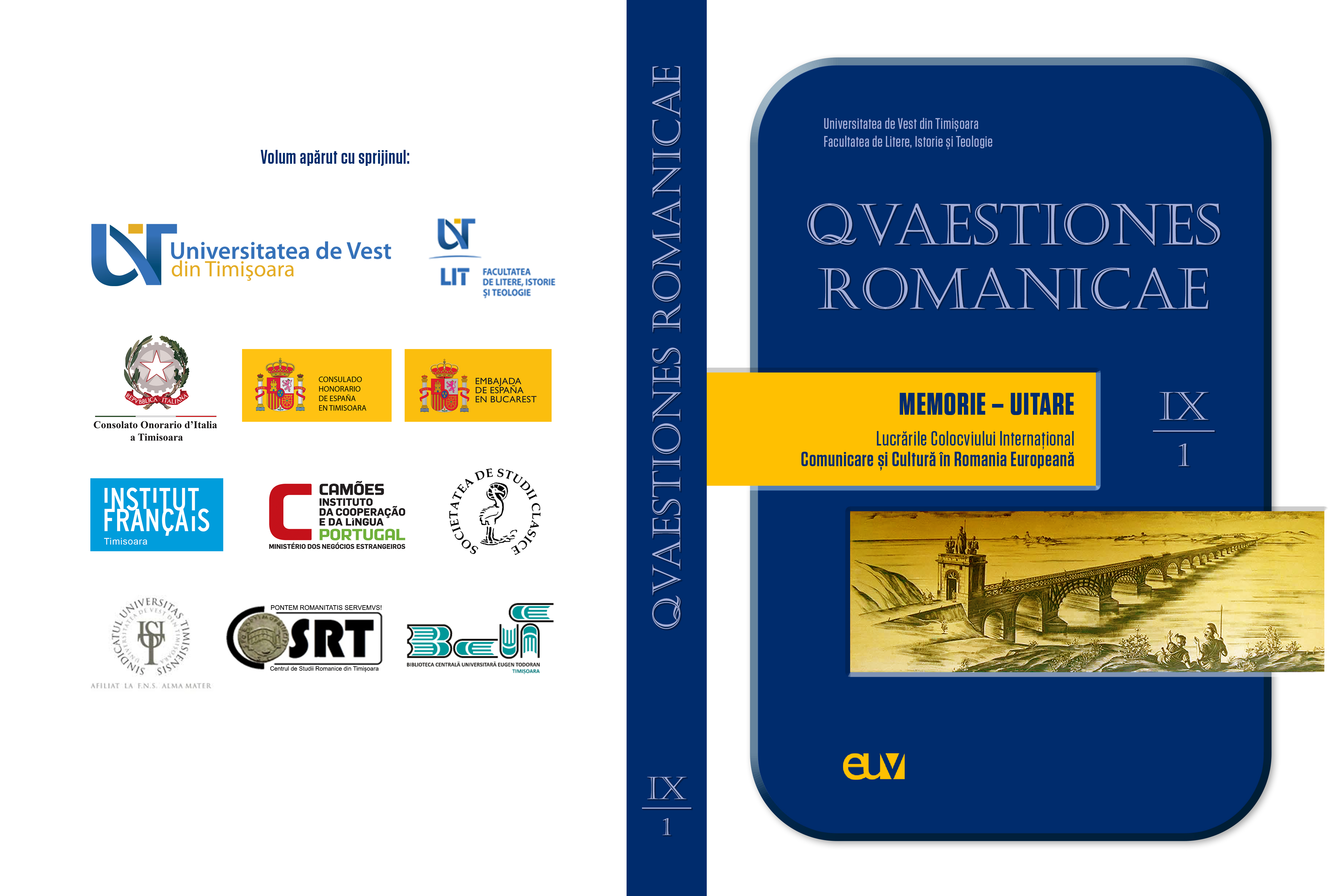„Terra sanguine rubricata” sau Rogerius de Apulia și memoria selectivă a unui dezastru
„Terra Sanguine Rubricata” or Rogerius of Apulia and the Selective Memory of a Disaster
Author(s): Iulian Mihai DamianSubject(s): Cultural history, Studies of Literature, Social history, 13th to 14th Centuries
Published by: Universitatea de Vest din Timişoara
Keywords: medieval Latin literature; master Roger; Great Mongol invasion; selective historical memory; Transylvanian Saxons;
Summary/Abstract: Few monuments of medieval Latin literature refer to the Romanian lands. One notable exception is undoubtedly the Epistola in miserabile carmen super destructione regni Hungariae, written by Master Roger, archdeacon of the cathedral of Oradea, around 1243. Accessible to the Romanian readers through the 1935 translation by Gheorghe Popa Lisseanu, the work continues to arouse the interest of historians, who considered it an important and objective historical source on the great Mongol invasion of 1241/1242. However, some of the author’s omissions of important realities of his times have generated much debate. A more accurate philological and literary analysis, however, is able to explain the author’s bias, his selections and omissions in recalling the tragic events of which he had been a direct witness. Certain ethnic and social realities also appear distorted in the narrative, the most interesting case being that of the German settlers in Hungary and Transylvania. Deciphering the political and cultural context to which the author refers provides a key to understanding how he attempts to construct the memory of that tragic chapter of Eastern-European history.
Journal: Quaestiones Romanicae
- Issue Year: IX/2021
- Issue No: 1
- Page Range: 70-85
- Page Count: 16
- Language: Romanian

